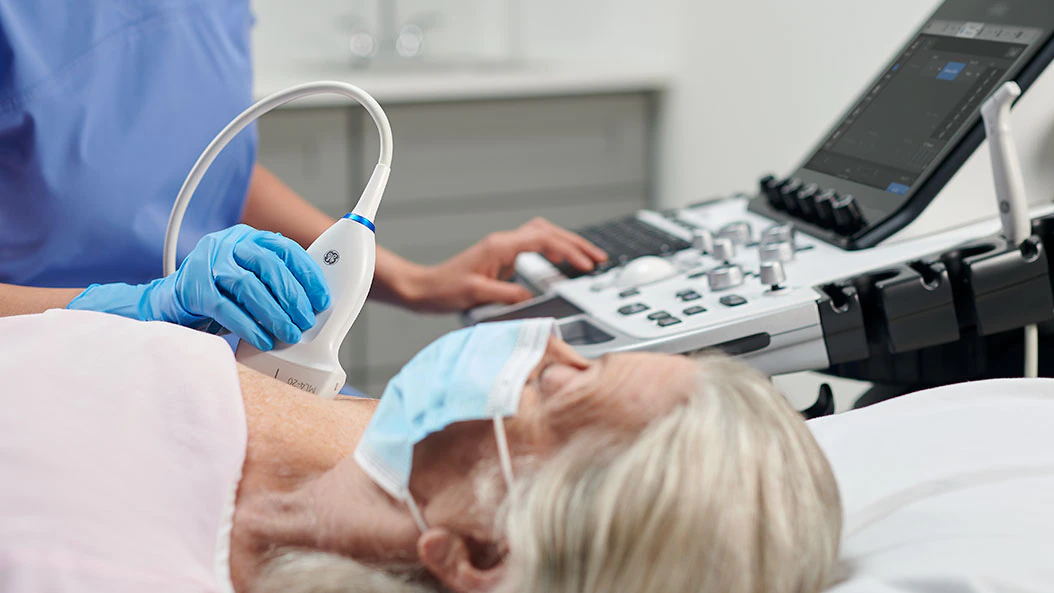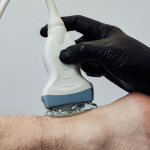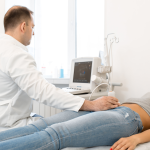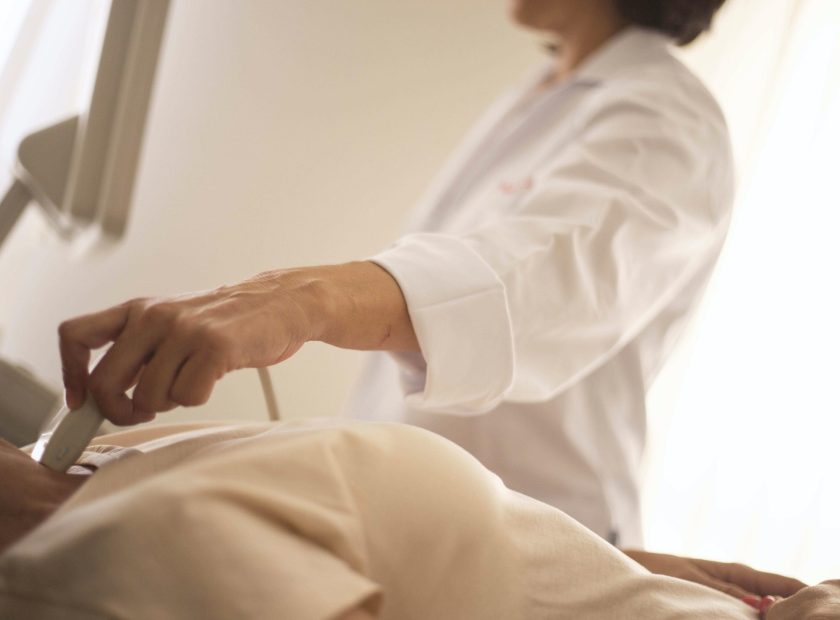10 Warning Signs of Breast Cancer
Breast Health
Breast health is a crucial aspect of overall well-being, and it’s important to be aware of how best to prevent breast cancer, the warning signs of breast cancer that may indicate the need for a breast ultrasound scan. In this article, we will explore 10 signs that you should look out for to ensure proactive breast health. Whether you’re a woman or a man, it’s essential to prioritize your health and stay informed about potential warning signs.
Before we delve into the warning signs, let’s briefly understand what a breast ultrasound scan entails. A breast ultrasound is a non-invasive imaging technique that uses sound waves to create detailed images of the breast tissue. It is generally recommended as a supplementary diagnostic tool after a suspicious finding on a mammogram or clinical breast exam. A breast ultrasound provides valuable information about the internal structures of the breast, such as cysts, tumors, or abnormal tissue growth.
The warning signs of Breast Cancer
Now, turning to the 10 warning signs of Breast Cancer that may indicate the need for a breast ultrasound scan:
New lump or mass: Feeling a new lump or mass in the breast or armpit area is often a cause for concern. While not all lumps are cancerous, it’s important to have them evaluated by a healthcare professional.
Breast pain or discomfort: While breast pain is a common symptom experienced by many women, persistent or unexplained pain should not be ignored. If you’re experiencing discomfort that lasts for an extended period or is accompanied by other symptoms, it may be time to schedule a breast ultrasound.
Changes in breast size or shape: If you notice any visible changes in the size or shape of your breasts, it’s crucial to bring them to the attention of a medical professional. These changes can include swelling, dimpling, or puckering of the skin.
Skin changes or redness: Any significant changes in the skin texture or color of the breast should be examined. This includes skin thickening, redness, or the appearance of an orange peel texture, as these may be indicators of an underlying issue.
Nipple discharge or inversion: Nipple discharge that is clear, bloody, or occurs spontaneously without any stimulation can be a warning sign. Additionally, if your nipple starts to invert or retract, it’s essential to consult a healthcare provider for further evaluation.
Swollen lymph nodes: The presence of enlarged lymph nodes in the armpit area can be an indication of breast-related concerns. If you notice swelling or tenderness in the lymph nodes, it’s advisable to get a thorough examination.
Breast asymmetry: While it’s normal for breasts to have slight variations in size, sudden or noticeable changes in breast symmetry should be evaluated. Significant asymmetry could be due to underlying issues that require medical attention.
Persistent breast rash or itching: Skin conditions affecting the breast area, such as persistent rashes or itching, may also necessitate a breast ultrasound scan. These symptoms could be indicative of an allergic reaction, infection, or other underlying concerns.
Previous history of breast abnormalities: If you have a history of breast abnormalities or have undergone previous breast surgeries, it’s crucial to stay vigilant and follow up regularly with breast imaging exams. A breast ultrasound can provide valuable information about any changes that may have occurred.
Family history and genetic factors: If you have a family history of breast cancer or carry specific genetic mutations, such as BRCA1 or BRCA2, it’s essential to be proactive in your breast health. Regular breast ultrasounds can help detect any abnormalities at the earliest stages, significantly improving outcomes.
We would recommend that you evaluate the warning signs of breast cancer and consider booking a breast ultrasound scan it is a vital tool for maintaining optimal breast health. It’s important to remember that experiencing one or more of these signs does not automatically mean that breast cancer is present. However, early detection is crucial, and it is always better to err on the side of caution. If you notice any of these warning signs, don’t hesitate to reach out to your healthcare provider and discuss the possibility of a breast ultrasound scan.
We encourage you to take charge of your breast health by being proactive and informed. Remember to consult a healthcare professional for proper evaluation and guidance. By addressing potential concerns promptly, you can ensure the best possible outcomes for your breast health. You may also find our Breast Cancer Awareness Month article useful for learning more and understanding breast cancer.




